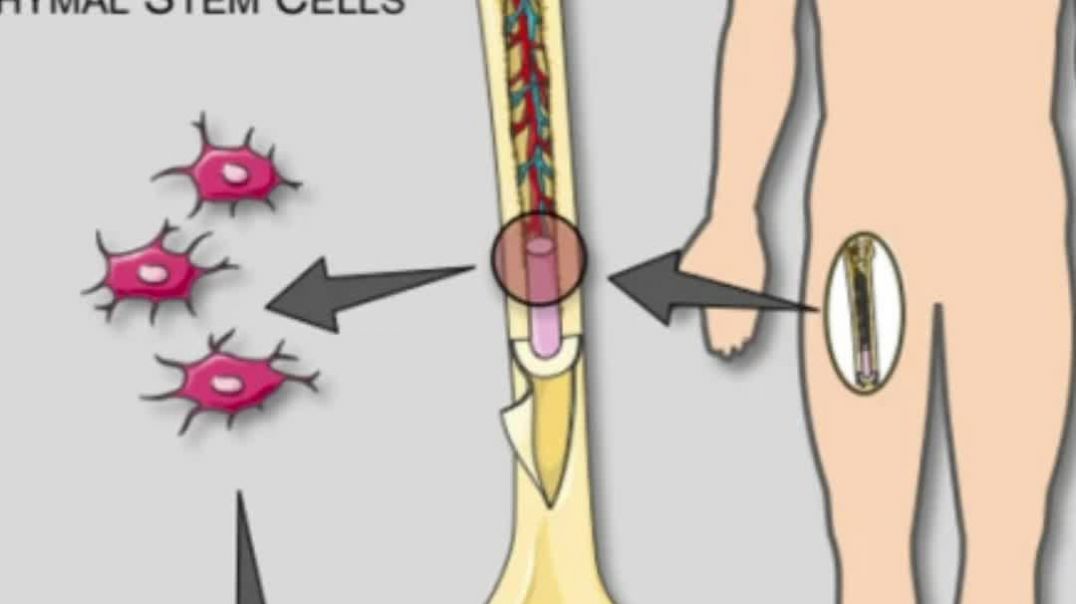Disparities in multiple myeloma: A global perspective on drug toxicity trends | ASCO 2023
This study, conducted by Shahzad Raza, Majid Jaberi-Douraki and colleagues, analyzed a large database called the FDA Adverse Event Reporting System (FAERS) to examine the adverse effects of drugs used in the treatment of multiple myeloma, a type of cancer. The researchers aimed to identify differences in these adverse effects across different regions of the world. The study looked at data from 2003 to 2022 and categorized patients based on age, sex, and geographical location.
The findings revealed variations in specific problems associated with the treatment, such as heart and blood vessel issues being more common in North America and Europe, kidney problems more prevalent in Africa, and nerve problems more frequent in Europe and among females. Furthermore, the study indicated that the likelihood of mortality resulting from these issues was higher in Asia and Europe compared to North America.
The researchers also explored the occurrence of other types of cancers following multiple myeloma treatment and observed that certain cancers, including skin cancer and breast cancer, were more prevalent in specific regions. The study's authors concluded that these differences may be attributed to factors such as genetics, drug usage practices, coexisting health conditions, age, and sex. They suggested further research to enhance patient care, reduce complications, decrease mortality rates, and optimize healthcare resource utilization.
- Heart and blood vessel issues were more common in North America and Europe compared to other regions.
- Kidney problems were more prevalent in Africa.
- Nerve problems were more frequent in Europe and among females.
- The chances of dying from drug-related problems were higher in Asia and Europe compared to North America.
- Certain cancers, like skin cancer and breast cancer, were more common in specific regions.
- Differences in adverse effects may be influenced by genetics, drug usage practices, coexisting health conditions, age, and sex.
- Further research is recommended to improve patient care, reduce complications, lower mortality rates, and optimize healthcare resource utilization.
Authors:
Majid Jaberi-Douraki, Xuan Xu, Beth Faiman, Gerald Wyckoff, Jim Riviere, Jack Khouri, Sandra Ann Mazzoni, Remya Ampadi Ramachandran, Nuwan Millagaha Gadara, Mobina Golmohammadi, Louis Williams, Christy Joy Samaras, Jason Neil Valent, Faiz Anwer, Shahzad Raza
_______________
Improving Lives | Finding the Cure
Founded in 1990, the International Myeloma Foundation (IMF) is the first and largest organization focusing specifically on multiple myeloma. The IMF’s reach extends to more than 525,000 members in 140 countries worldwide. The IMF is dedicated to improving the quality of lives of myeloma patients while working toward prevention and a cure through our four founding principles: Research, Education, Support, and Advocacy.
Subscribe to our channel: https://www.youtube.com/c/IMFMyeloma
Visit our website at: https://www.myeloma.org
Find us online:
Facebook: @myeloma | https://facebook.com/myeloma
Twitter: @IMFMyeloma | https://twitter.com/IMFmyeloma
Instagram: @imfmyeloma | https://www.instagram.com/imfmyeloma
LinkedIn: https://www.linkedin.com/compa....ny/international-mye
Support the IMF | Donate Now! https://secure.myeloma.org/page/40697/donate/1
Category
Nonprofits & Activism
License
Standard YouTube License
In most cases, captions are autogenerated by YouTube.
-
Category





















No comments found